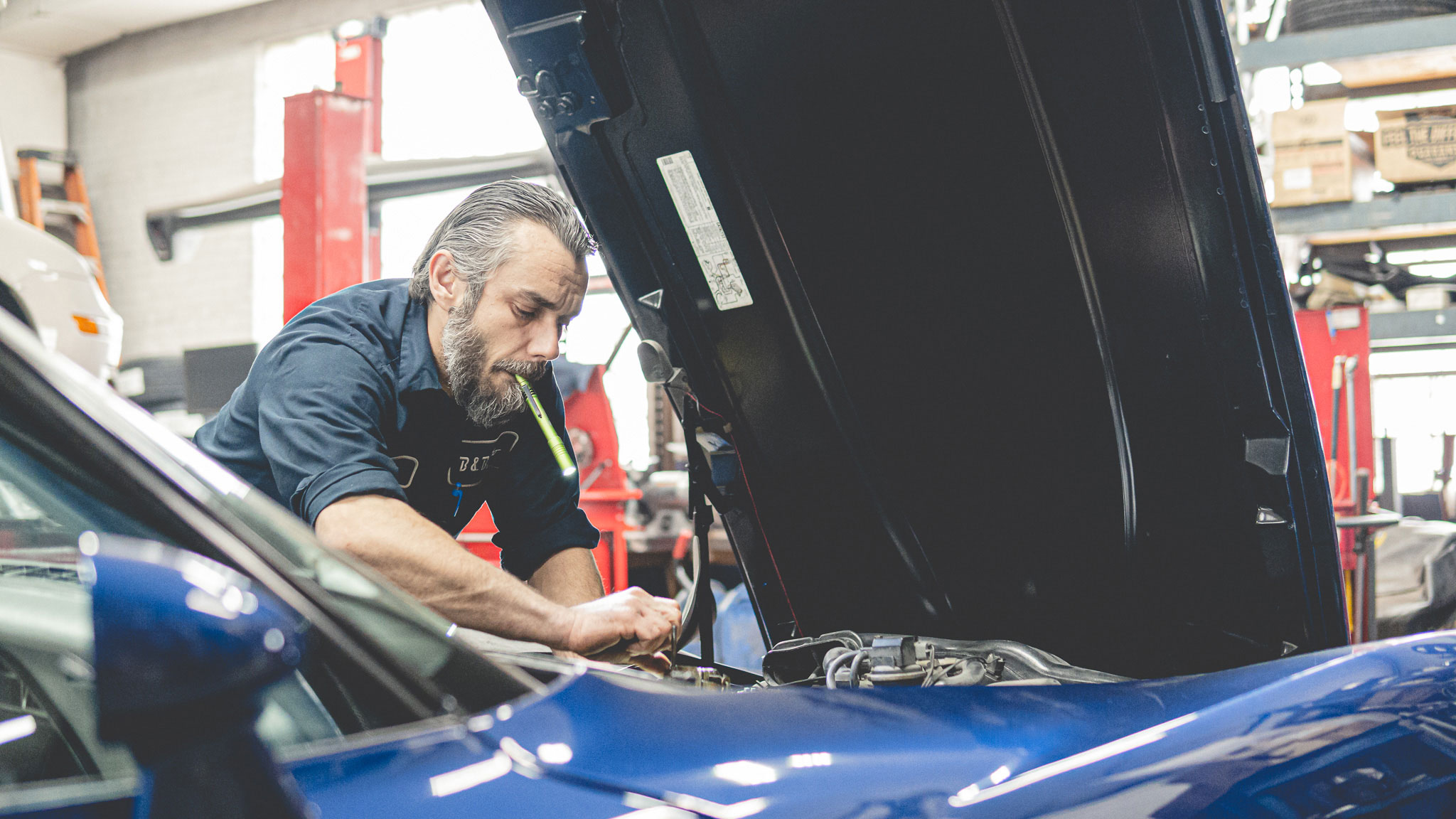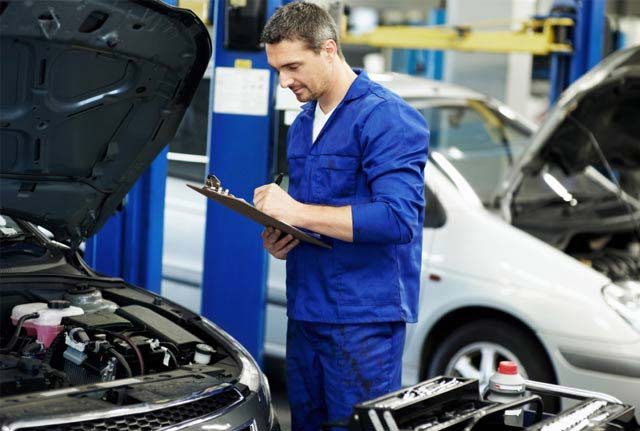All Categories
Featured
A cars and truck getting too hot can be a stressful scenario, specifically if it occurs suddenly. High engine temperature levels can result in extreme damage if not dealt with immediately. Recognizing what to do when your car overheats and comprehending just how to stop it can conserve you from costly fixings and guarantee your security when driving.
![]()
If Your Automobile Gets too hot,What to Do. Draw Over Securely. As quickly as you observe indicators of getting too hot-- such as heavy steam climbing from the hood, a spiking temperature gauge, or warning lights-- draw over to a risk-free location. Turn off the engine quickly to stop additional damages.
Switch Off the air conditioner and Switch On the Heating unit. Turn off the air conditioning to minimize engine lots and switch on the heater if you're not able to pull over right away. This redirects warm away from the engine and right into the cabin, which can assist lower the engine temperature briefly.
Open Up the Hood (with Caution) Wait for the engine to cool prior to opening up the hood. Opening it prematurely can subject you to hot vapor or hot fluids. Once it's risk-free, check the engine for apparent signs of difficulty, such as dripping coolant or a damaged radiator tube.
Check the Coolant Degrees. If you have coolant or water in your vehicle, include it to the reservoir or radiator when the engine has cooled off. Prevent adding cold water to a warm radiator, as it can cause cracking.
![]()
Call for Aid. If you're incapable to solve the concern or identify, speak to a tow truck or roadside support. Driving with an overheated engine can bring about substantial damages, such as a blown head gasket or deformed engine elements.
How to Prevent Your Vehicle from Overheating. Examine Coolant Levels On A Regular Basis. Ensure your automobile constantly has the appropriate amount of coolant. Reduced coolant levels are just one of the most common reasons for getting too hot. If needed., regularly examine the coolant storage tank and leading it off.
Check Radiator and Pipes. Look for fractures, leakages, or loosened connections in the radiator and tubes. Replace any broken parts promptly to avoid coolant leaks.
Maintain Your Air Conditioning System. Flush and fill up the cooling system as recommended in your car's proprietor manual. In time, old coolant can lose its effectiveness and fail to secure the engine from overheating.
Monitor the Thermostat and Water Pump. A malfunctioning thermostat or water pump can interfere with the cooling system's feature. Have these components checked throughout regular maintenance to catch issues early.
Prevent Straining Your Vehicle. Too much weight places extra pressure on the engine and cooling system. Keep your load within the maker's suggested limits.
Watch the Temperature Gauge. Take notice of your temperature level gauge, especially throughout warm weather condition or when driving up steep inclines. Take safety measures such as minimizing rate or transforming off the Air conditioner. if the gauge begins to climb up.
Verdict. Performing quickly and securely can stop more damage to your engine. With proper treatment, you can keep your engine running efficiently and stay clear of the hassle of an overheated lorry.

If Your Automobile Gets too hot,What to Do. Draw Over Securely. As quickly as you observe indicators of getting too hot-- such as heavy steam climbing from the hood, a spiking temperature gauge, or warning lights-- draw over to a risk-free location. Turn off the engine quickly to stop additional damages.
Switch Off the air conditioner and Switch On the Heating unit. Turn off the air conditioning to minimize engine lots and switch on the heater if you're not able to pull over right away. This redirects warm away from the engine and right into the cabin, which can assist lower the engine temperature briefly.
Open Up the Hood (with Caution) Wait for the engine to cool prior to opening up the hood. Opening it prematurely can subject you to hot vapor or hot fluids. Once it's risk-free, check the engine for apparent signs of difficulty, such as dripping coolant or a damaged radiator tube.
Check the Coolant Degrees. If you have coolant or water in your vehicle, include it to the reservoir or radiator when the engine has cooled off. Prevent adding cold water to a warm radiator, as it can cause cracking.

Call for Aid. If you're incapable to solve the concern or identify, speak to a tow truck or roadside support. Driving with an overheated engine can bring about substantial damages, such as a blown head gasket or deformed engine elements.
How to Prevent Your Vehicle from Overheating. Examine Coolant Levels On A Regular Basis. Ensure your automobile constantly has the appropriate amount of coolant. Reduced coolant levels are just one of the most common reasons for getting too hot. If needed., regularly examine the coolant storage tank and leading it off.
Check Radiator and Pipes. Look for fractures, leakages, or loosened connections in the radiator and tubes. Replace any broken parts promptly to avoid coolant leaks.
Maintain Your Air Conditioning System. Flush and fill up the cooling system as recommended in your car's proprietor manual. In time, old coolant can lose its effectiveness and fail to secure the engine from overheating.
Monitor the Thermostat and Water Pump. A malfunctioning thermostat or water pump can interfere with the cooling system's feature. Have these components checked throughout regular maintenance to catch issues early.
Prevent Straining Your Vehicle. Too much weight places extra pressure on the engine and cooling system. Keep your load within the maker's suggested limits.
Watch the Temperature Gauge. Take notice of your temperature level gauge, especially throughout warm weather condition or when driving up steep inclines. Take safety measures such as minimizing rate or transforming off the Air conditioner. if the gauge begins to climb up.
Verdict. Performing quickly and securely can stop more damage to your engine. With proper treatment, you can keep your engine running efficiently and stay clear of the hassle of an overheated lorry.
Latest Posts
How to Know When Your Car Needs Skilled Auto Repair at Montclare Auto Repair
Published May 24, 25
1 min read
Reputable Expenses Door Solutions for Homes and Companies
Published May 23, 25
1 min read
Discover Save Big on Car Maintenance with Montclare Auto Repair’s Limited-Time Deals
Published May 23, 25
1 min read
More
Latest Posts
How to Know When Your Car Needs Skilled Auto Repair at Montclare Auto Repair
Published May 24, 25
1 min read
Reputable Expenses Door Solutions for Homes and Companies
Published May 23, 25
1 min read
Discover Save Big on Car Maintenance with Montclare Auto Repair’s Limited-Time Deals
Published May 23, 25
1 min read